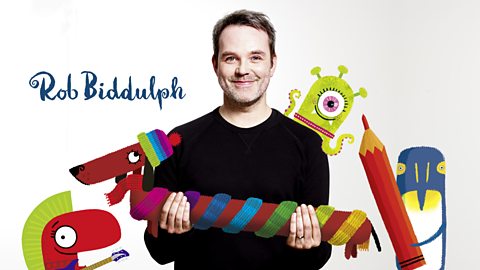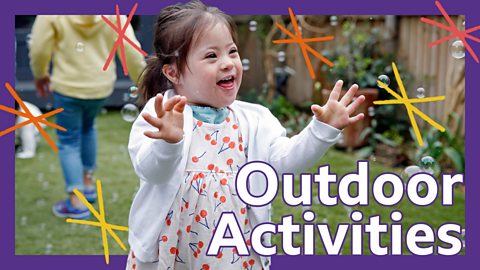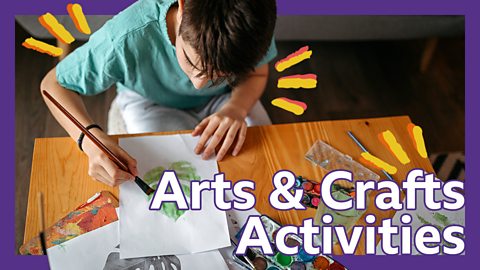Time for you and your child to explore the wonderful world around you, get out and about, and see how many great things you can find!
This outdoor science activity, brought to you in partnership with the , is a great way to get your kids exploring science in nature.
Help them develop their observation and questioning skills, as they try to complete as many of these mini challenges as possible. Or why not create your own?
Here are the instructions for you and your child.

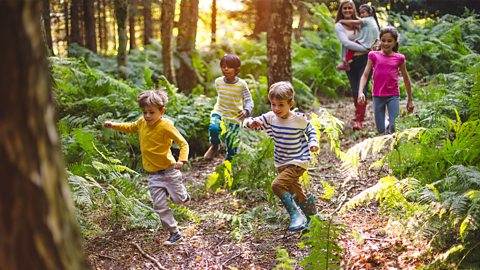

You will need
- A pen
- Some paper
- Your five senses
- Your curiosity

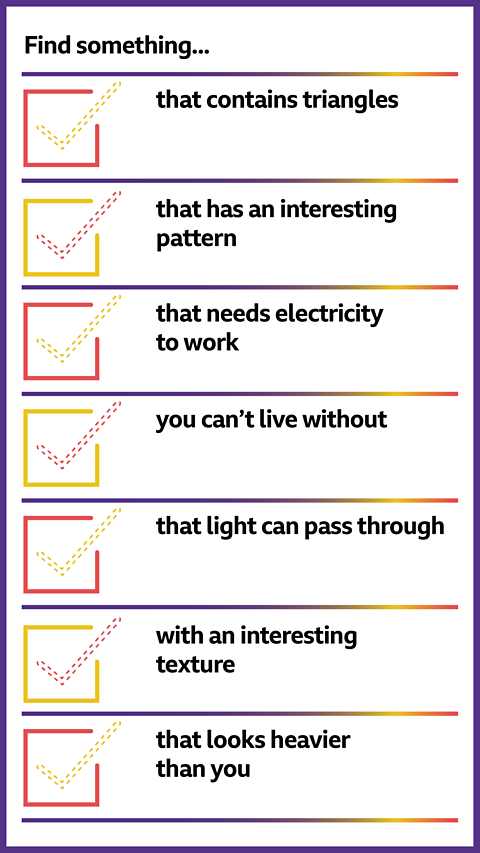
Let's get started
Step 1
Treasure hunts are a great way to get to know the area around you.
Take our list as an example, or write your own and see how many objects you can find. You can take your time, or make it more of a challenge by setting a time limit.
Just by making these small observations, you can start to see the important role that science plays in our everyday lives.
Step 2
Stimulating the five senses is a great way of making links between what we experience with our different senses.
ItÔÇÖs through all of our senses that we make links between what we see, what we feel and what we hear.
Try going out and finding three different leaves. Draw the leaves and, inside the leaf, write words that describe how it looks, feels and smells.
Step 3
Experiencing the science of nature up close and personal is great for helping with the early understanding of scientific concepts.
Close your eyes and listen to all the sounds in nature. What can you hear?
While you're trying this activity, it's important to ask questions to try and engage their natural curiosity.
Why is this sound louder than the others?
What makes things noisy or quiet?
Which of these sounds are natural and which are man-made?

Step 4
If you could invent anything to help protect the natural environment, what would it be?
Get creative and plan a green invention by drawing a diagram, or even creating a prototype together.
If you are stuck for ideas, why not go out for a walk and let nature inspire you?
See if you can spot any objects that have been thrown away. Can you think of any ways to reuse them?
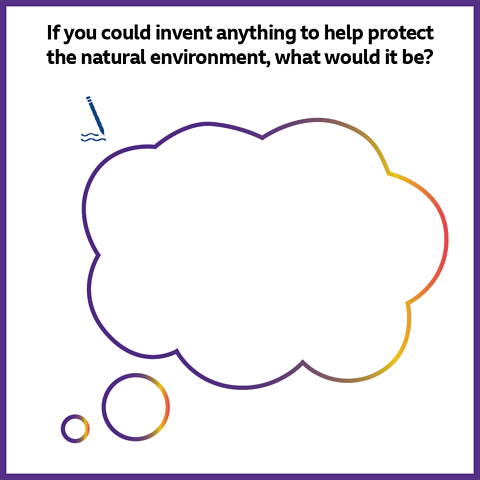

Top exploring tips for curious minds
- Find different objects for each challenge
- Look up, down and up close and see what you find
- Work together as a team and talk about your choices
- Write down or draw the different things that you find


The is a group of five museums across the country, whose focus is the history and contemporary practice of science, medicine, technology, industry and media.

More from ┤¾¤¾┤½├¢ Bitesize Parents' ToolkitÔǪ
Parents' Toolkit
Fun activities, real-life stories, wellbeing support and loads of helpful advice - we're here for you and your child.

Fun activities for smaller children
Four to five-year-olds can have fun and learn new skills with these videos. From Tiny Happy People.
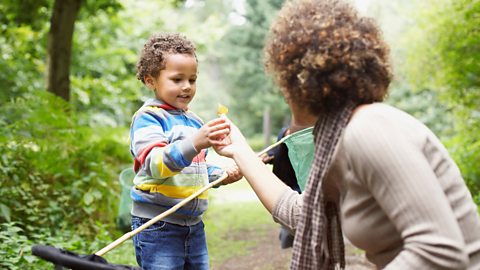
Seven skills a teenager can learn in one month
If your teen wants to shake up their free time, here are seven skills they can try.

Rob Biddulph's five tips to help you confidently draw with your kids
Rob Biddulph, author and official illustrator for World Book Day, has some great tips and tricks to share to help you draw with your kids.
